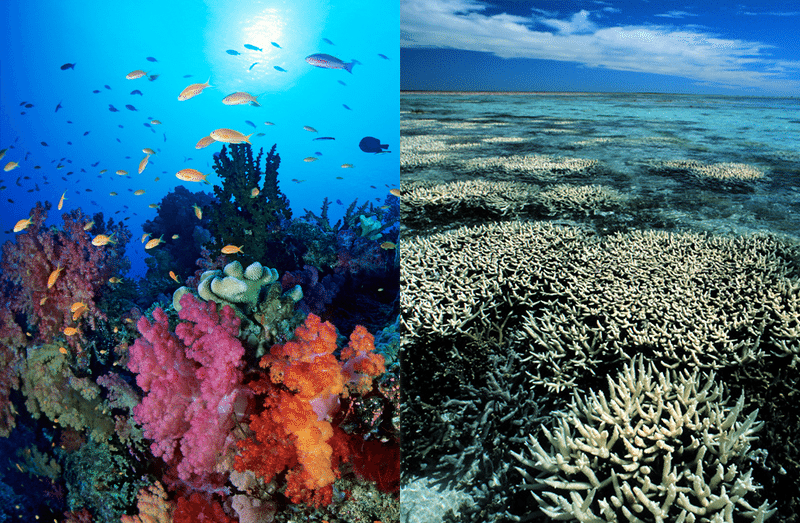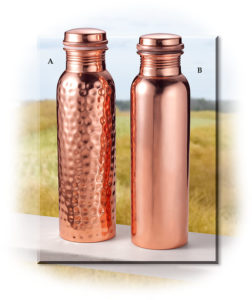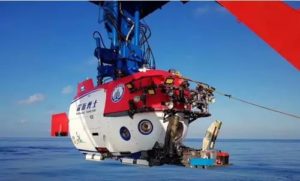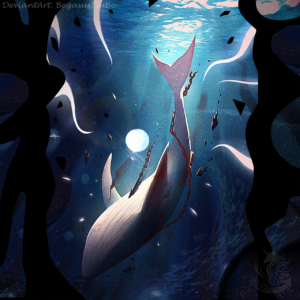Recently, the new UCL-led study showed that global warming may cause a loss of biodiversity throughout the 21st century.
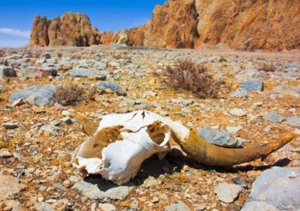
Dr. Pigot and colleagues from the USA and South Africa did the research. They used the climate model data from 1850 to 2005 and cross-referenced it with the geographic ranges of 30652 species of birds, mammals, reptiles, amphibians, fish, and other animals and plants. The data was available for areas across the globe, divided up into 100 by 100 km square grid cells. According to the model, they predicted that species in each grid cell will begin experiencing temperatures that are consistently higher than the organism has previously experienced across its geographic range, for a period of at least five years. Especially, at least 73% of the species would be influenced by the increase of temperature and more than 5% of constituent species may endanger. It is irreversibly harmful to the ecosystem.
The experts stated that climate change would begin before 2030 in tropical oceans. And recent events such as mass bleaching of corals on the Great Barrier Reef indicated that the environmental issue had already started to happen. Until 2050, higher latitudes and tropical forests may be seriously influenced.
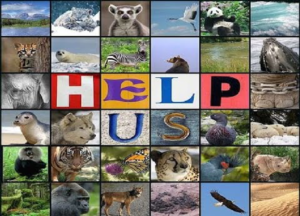
To relieve the environmental issue, Dr. Piogot claimed that the reduction of emissions could avoid more species to be died out. As long as keeping global warming below 2 °C, it will be effective for species to adapt to the change of climate with more time.
